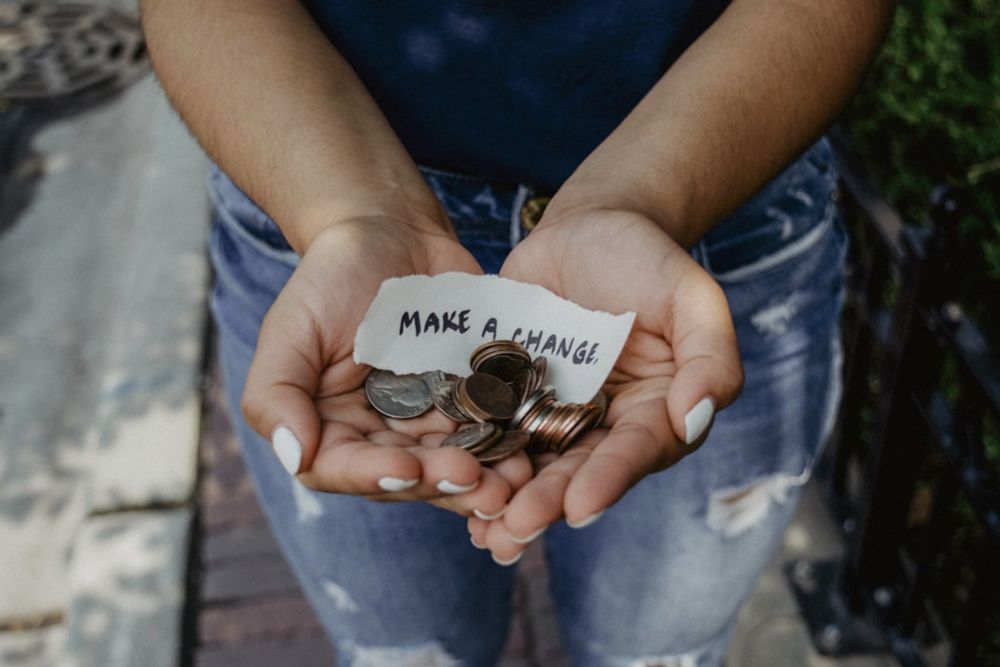https://www.psychologie.hhu.de/en/research-teams/comparative-psychology
journals.sagepub.com/doi/10.1177/...

journals.sagepub.com/doi/10.1177/...
doi.org/10.1523/JNEU...

doi.org/10.1523/JNEU...
📅 Sept 26, 2025 | 📍 Düsseldorf
A one-day, high-level event with leading speakers on dopamine, empathy, prosociality & neuroforecasting.
💸 Free! | 🌍 In person + online
@hhu.de @socforneuroecon.bsky.social @decisionneurop.bsky.social

📅 Sept 26, 2025 | 📍 Düsseldorf
A one-day, high-level event with leading speakers on dopamine, empathy, prosociality & neuroforecasting.
💸 Free! | 🌍 In person + online
@hhu.de @socforneuroecon.bsky.social @decisionneurop.bsky.social
Listen here (starting around minute 51): open.spotify.com/episode/2tt9...
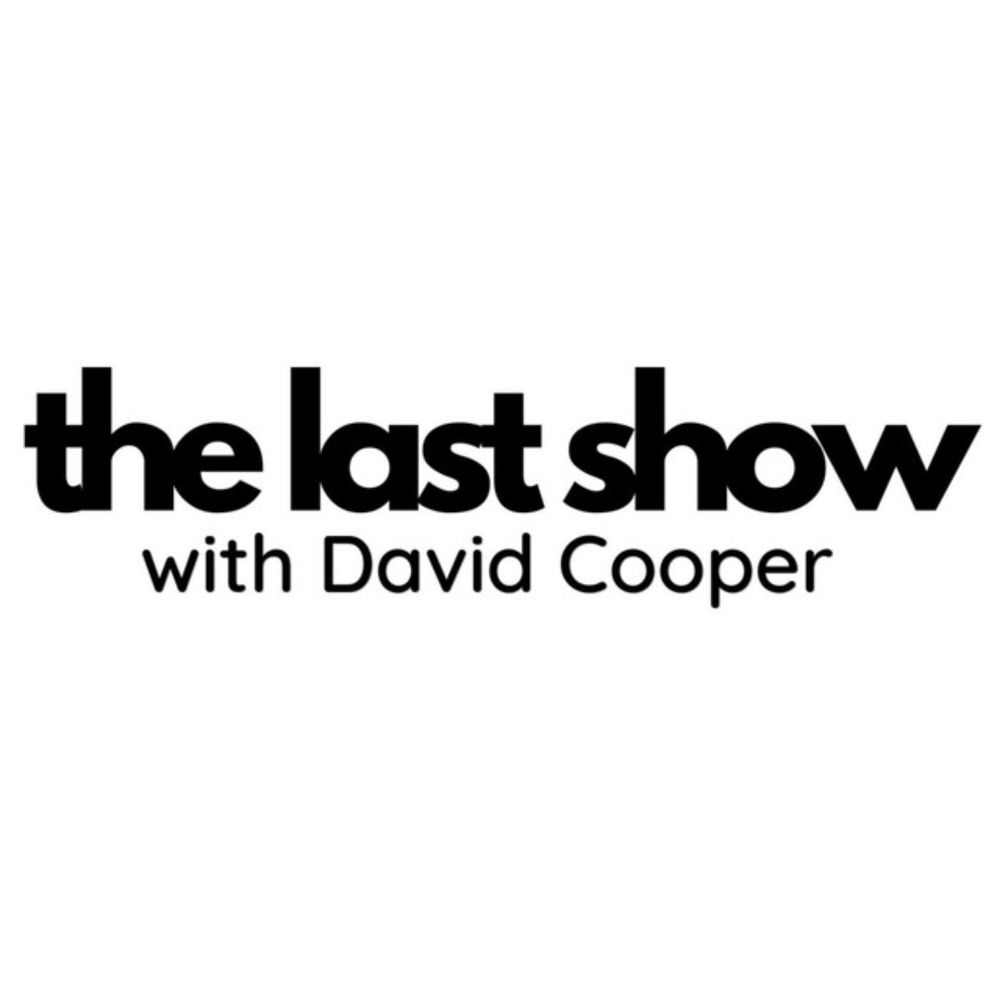
Listen here (starting around minute 51): open.spotify.com/episode/2tt9...
Us Versus Them | Psychology Today www.psychologytoday.com/us/blog/the-...
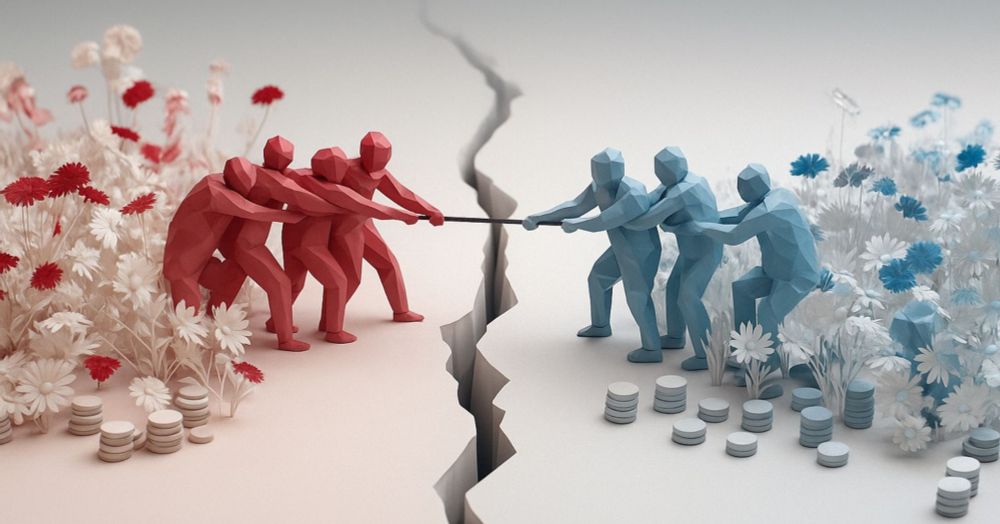
Us Versus Them | Psychology Today www.psychologytoday.com/us/blog/the-...
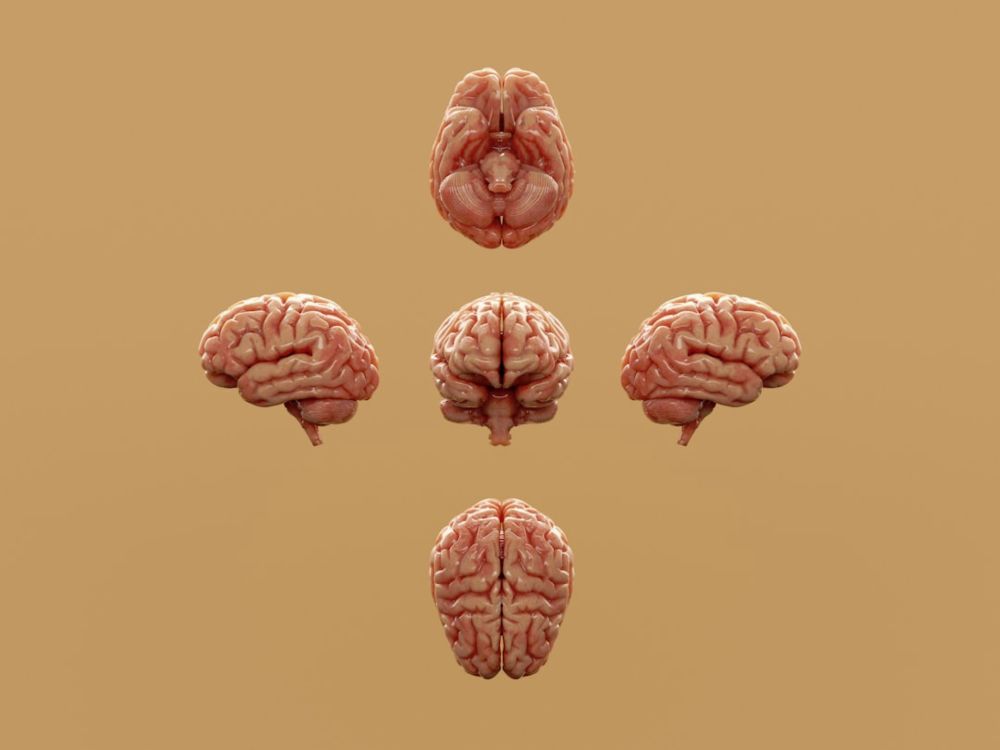
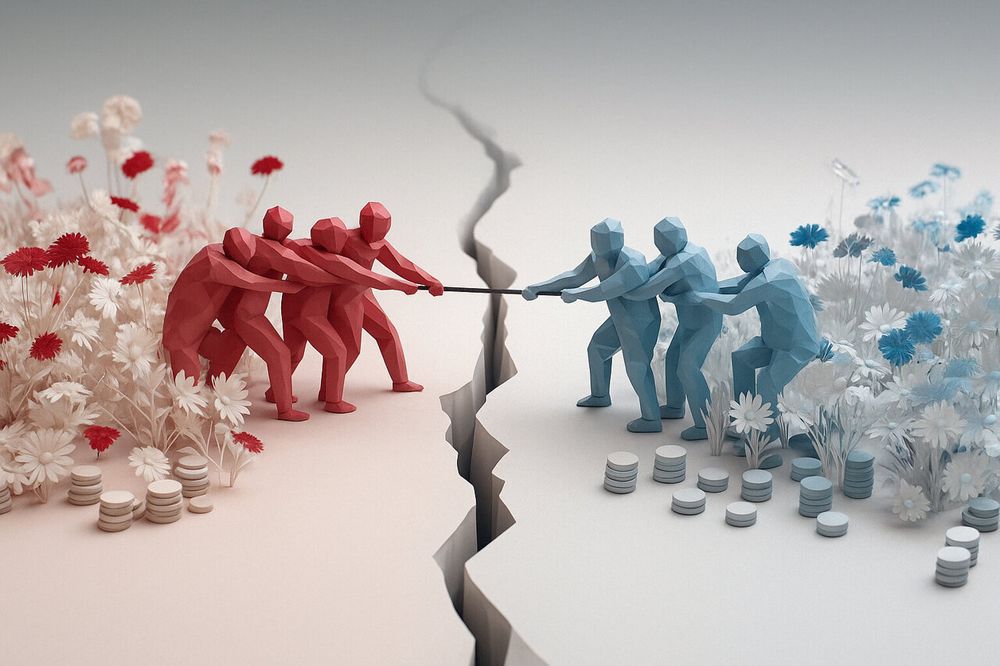
New paper in @pnas.org! How does stress affect our social decisions in conflict? More aggression (fight-or-flight)? Or more altruism (tend-and-befriend)? Our new study suggests: it’s not either/or, stress promotes both at once, depending on the neurochemical balance and the social context. 🧠
New paper in @pnas.org! How does stress affect our social decisions in conflict? More aggression (fight-or-flight)? Or more altruism (tend-and-befriend)? Our new study suggests: it’s not either/or, stress promotes both at once, depending on the neurochemical balance and the social context. 🧠
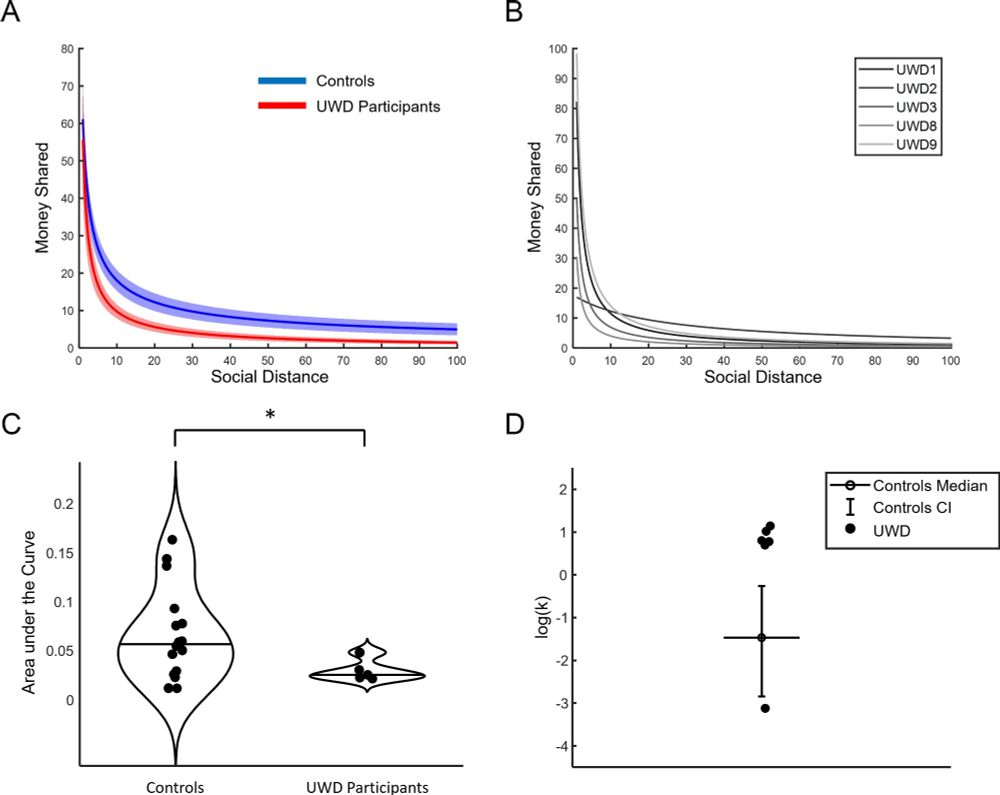
Featuring work w/ @williambrady.bsky.social @killianmcloughlin.bsky.social
🧵
Featuring work w/ @williambrady.bsky.social @killianmcloughlin.bsky.social
🧵


